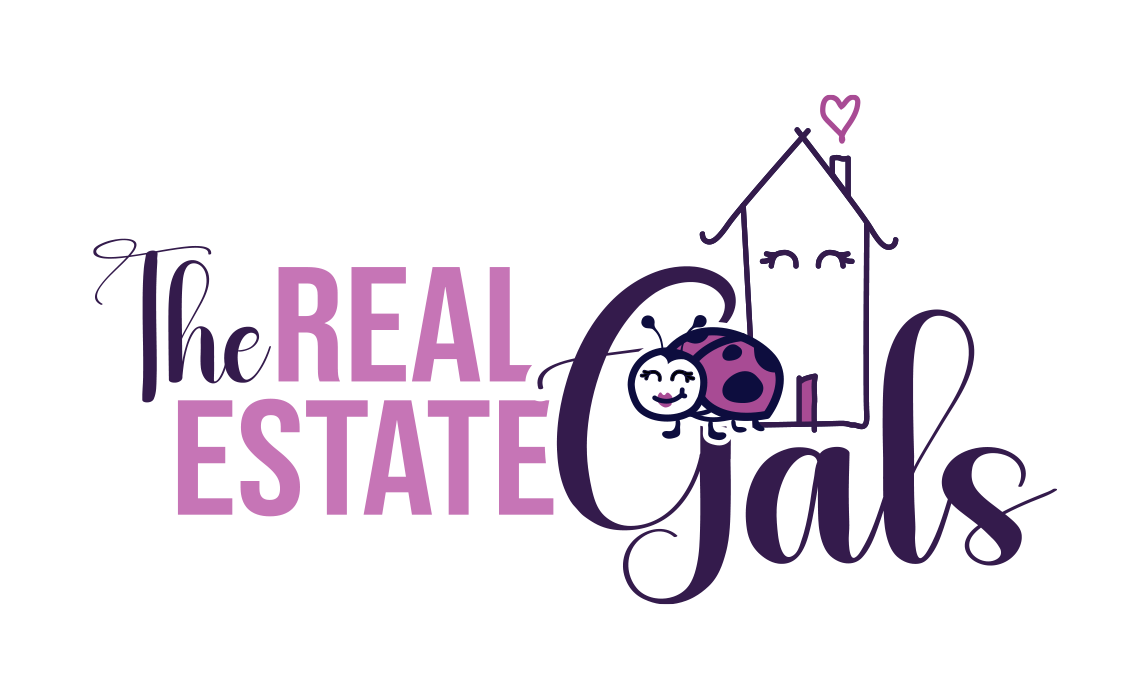Navigating the shifting landscape
Divorce is a life-altering event that has a ripple effect throughout your life. While much of the focus tends to be on the impact it has on the couple and their immediate family, the transformation of friendships in the aftermath of divorce is complex and often overlooked. Friendships, once built on the foundation of a shared life with a partner, can experience profound changes as the dynamics of the relationships shift.
The Initial Shock
Divorce often comes as a shock to friends who have been part of a couple's social circle. Friends may be torn between supporting both parties or feeling obligated to take sides. Initially, there can be confusion, discomfort, and a sense of unease as individuals grapple with their own emotions and attempt to navigate the new landscape.
Taking Sides vs. Neutrality
One of the most significant challenges in post-divorce friendships is the temptation to take sides. Friends may feel compelled to align themselves with one party, inadvertently causing further strain on relationships. Maintaining neutrality can be a delicate balance. While it's important not to fuel animosity, expressing empathy and understanding for both individuals can foster an environment where friendships can adapt and endure the changes. It’s tough to balance, but it can be done with great rewards.
Redrawing Social Boundaries
Divorce often leads to a reevaluation of social boundaries and shared spaces. Couples may have had mutual friends and after divorce, individuals may need to redefine their social circles. This can be a painful process, as it may involve distancing oneself from certain friends or activities strongly associated with the ex-spouse. However, it also opens up opportunities for personal growth and the formation of new friendships. As your life changes, so can your friendships.
Supportive Listening and Empathy
Effective communication is the bedrock of any friendship and becomes even more crucial after divorce. Friends need to act with integrity, be supportive listeners and offer empathy without judgment along with trusted confidence. Divorce can be a lonely and emotionally taxing experience, and having friends who provide a safe space for expressing feelings without fear of condemnation can be invaluable.
Adjusting to New Realities
Post-divorce, individuals may experience changes in their living arrangements, financial status, and overall lifestyle. Friends once participating in a particular routine or set of activities, may need to adapt to these new realities. Annual ocean cruises with friends suddenly become unaffordable, and those vacations can be centred around child access schedules. During this time, friends need to show flexibility, understanding, and a willingness to be part of the support system as you navigate the challenges of the post-divorce landscape.
Rebuilding Trust
Divorce often leaves emotional scars, and trust can be one of the casualties. Friends who have weathered the storm of a divorce may find that rebuilding trust takes time and effort. It requires a commitment to understanding each other's perspectives, acknowledging mistakes, and working together to forge a new, stronger foundation for friendship.
Celebrating Individual Growth
While divorce is undoubtedly a challenging experience, it can also be a catalyst for personal growth and self-discovery. Friends should actively celebrate the positive changes and personal achievements that arise from this transformative period. Whether pursuing new interests, taking on new challenges, or simply finding a renewed sense of self, friends can play a crucial role in supporting and encouraging each other's journeys. Celebrating those achievements – such as education in a new field, embarking on a new career, or even hosting the “divorce party” – can be a great way to support a friend.
Maintaining Boundaries with Ex-Partners
For friendships to evolve successfully after divorce, clear boundaries with ex-partners must be established. While maintaining an amicable relationship is ideal, it's essential to recognize the limits to avoid potential conflicts. Friends can provide guidance and support as individuals navigate this tricky terrain, helping to ensure that both parties can move forward without compromising their emotional well-being.
Embracing Change and Emphasizing Positivity
Friendships that endure after divorce are those that embrace change and emphasize positivity. Rather than dwelling on the challenges and hardships, friends should focus on creating a supportive environment that fosters growth, resilience, and the building of new memories. By emphasizing the positive aspects of the post-divorce journey, friendships can not only survive but thrive in the face of adversity.
The evolution of friendships after divorce is a process that requires patience, empathy, and open communication. Navigating the shifting landscape can be challenging, but with the right mindset, friends can contribute significantly to each other's healing and personal growth. By embracing change, maintaining neutrality, and fostering a supportive environment, friendships have the potential not only to endure but to emerge stronger and more resilient on the other side of divorce.
The information provided on this website does not, and is not intended to, constitute legal advice; instead, all information, content, and materials available on this site are for general informational purposes only. Views expressed are my own. Please consult a lawyer for advice on legal matters.


